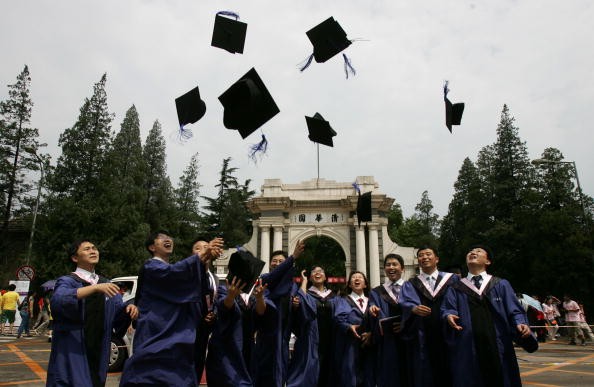The United States is slowly turning away professionals, academics, and students with its current “anti-global” stance and travel ban. Their loss, however, is China’s gain, especially Chinese universities, according to an article by TimesHigherEducation.com.
The key to attracting students and academics lies in the introduction of reforms that will transform Chinese university life into a “more lively and open” environment, said Gerard Postiglione, chair in higher education at the University of Hong Kong.
Postiglione aired his opinions in a speech he made at University of Hong Kong called “Trumpism and Universities: Advantage China?” on March 3.
In a later interview with Times Higher Education, Postiglione added that China is in the perfect position to become a leader in educational opportunities and research.
China currently has a number of world-class universities, most of which have invested a significant amount of money for research and development.
This approach and image have attracted a great number of international students to China, making the country the third-largest host of foreign students after the U.S. and the U.K. According to the 2015 data collated by the Institute of International Education, China has approximately 397,635 international students.
In a past feature, Times Higher Education explored the possibility of U.S.- and U.K.-based academics transferring to other centers of learning in light of U.K.’s decision to leave the European Union and Trump’s presidency.
Australia, Singapore, Germany, Canada, and Ireland might be on the receiving end, but Postiglione believes that China may also be the target of academics and students targeted by Trump’s travel ban.
In addition, China and the US’ stance on globalization are in direct contrast with each other, with Trump’s “Make America Great Again” slogan and Xi Jinping’s mission to protect globalization.
“China stands to gain in the current atmosphere,” Postiglione told Times Higher Education. “China has a chance to use its universities to project its soft power. US soft power has not been helped around the world by the way that the new administration has handled issues like immigration, for example.”
“Since China is the main economic actor now in Asia, [students and academics] may see their future prospects as better served by studying [and working] in China,” Postiglione said.




























